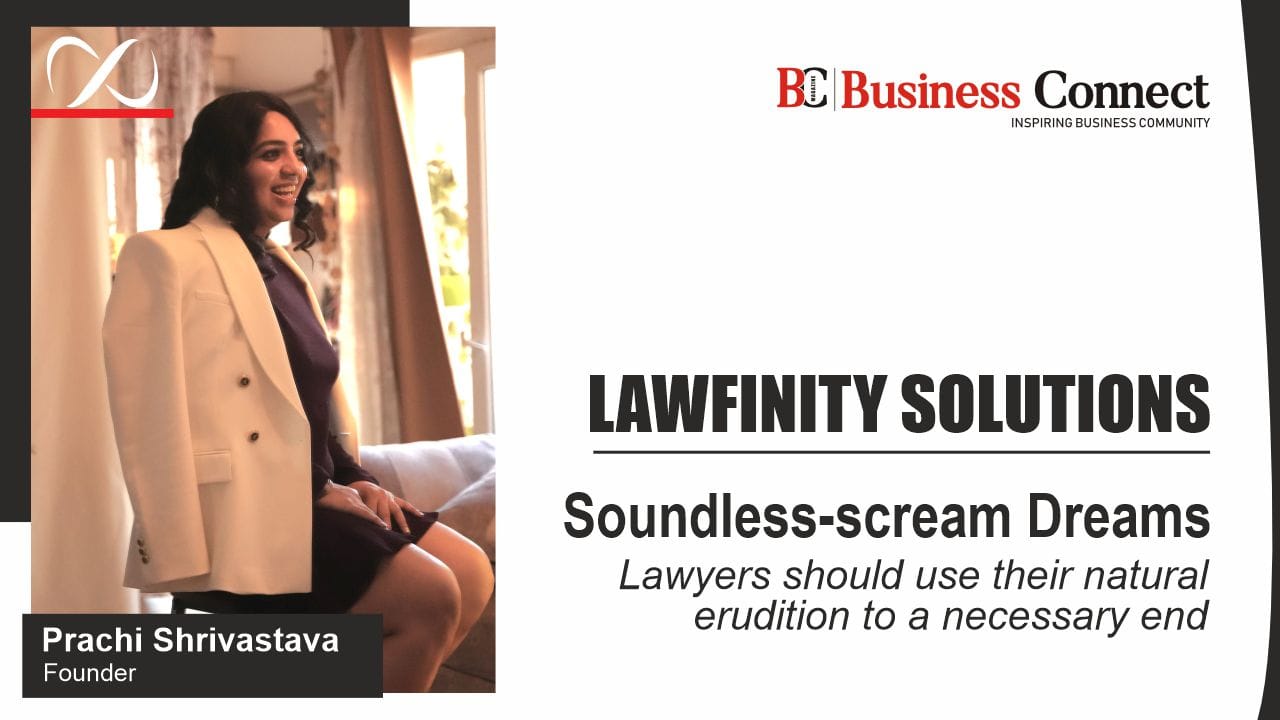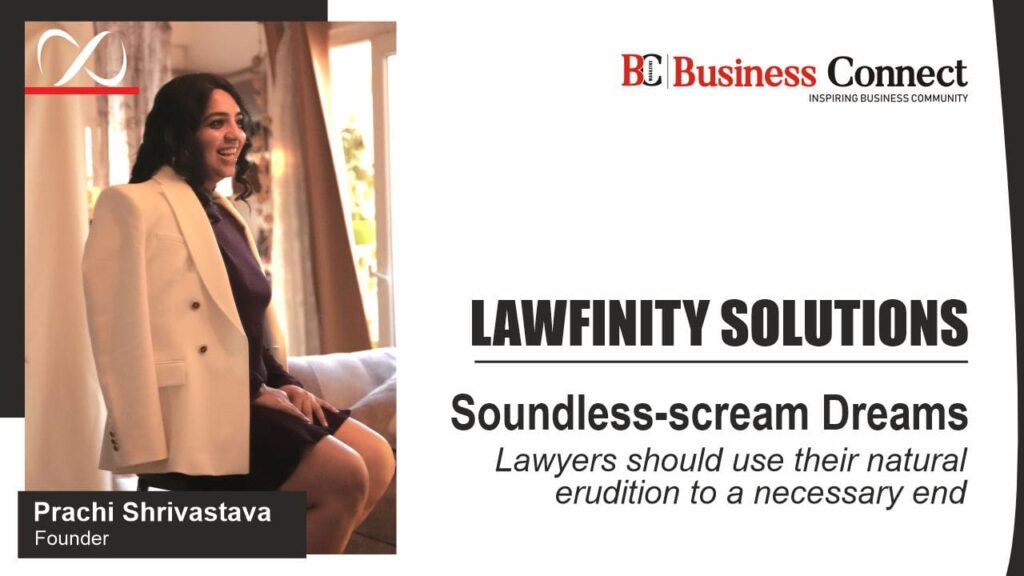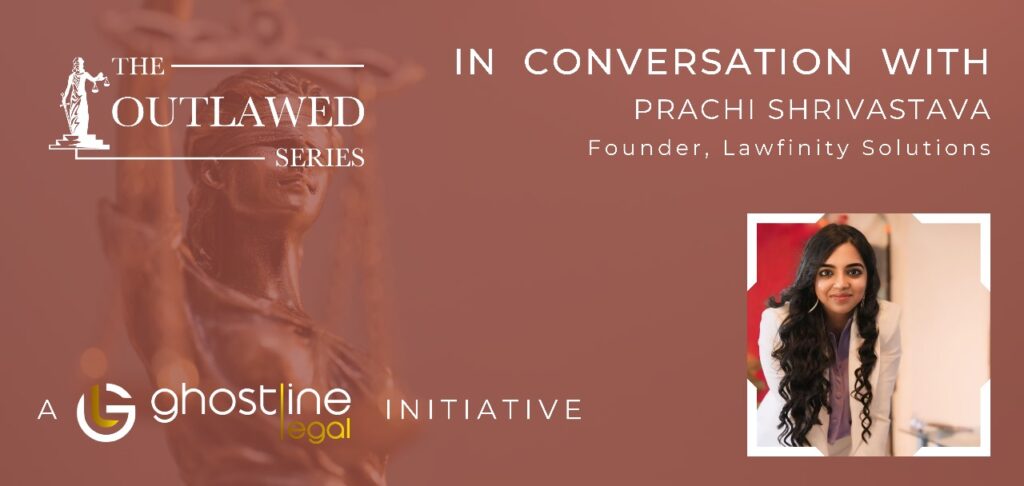This piece was first published in Business Connect.
The CEO-equivalent of a public sector (PSU) energy company made a distress call to me recently. “Can you refer me any ‘agencies’ to engage for environmental statutory compliances and issues related to [that PSU’s main] business on retainership basis?” The company is Indian and more than a few decades old. The senior management who the CEO reports to is clueless on how best to engage for this query.
More importantly, ‘who’ best will service this query. In a nutshell, the top one per cent on the boards of India Inc do not have clarity on which organised sector solves for ESG statutory compliances. Let alone a clear vision on the scope for which they’d like a solution.
They do, however, feel the ever-increasing burn of a few crores in penalty in every direction they look.
Demand and supply gap
‘Legal’, is a very large section of professional workforce in India that is full of answers. The experience often felt by this profession is as if it is in a soundless-scream dream. Hard veins popping out in its neck from the pressure of screaming at the top of its lungs as India Inc can’t hear.
It screams: “Hey, we do this! This is what we do! There are countless files in our cabinets, piled on our desks, cluttering the back of our office. They contain exactly the game plan for you! We visit authorities day in and day out – our people churning out affidavits left, right and centre!” Hands waving in the direction of potential querists, as the querists keep searching. Turning a deaf ear to these professionals.
One of the largest Indian automotive MNCs did not have a in house legal department until last year. The multinational is nearing its centenary.
The story is the same across countless pharma sector and FMCG companies in Punjab. Their turnover is a few hundred crore rupees. Their proximity to legal service – few hundred light-years far. Company secretaries do take care of some of their paperwork, though.
Don’t serve and tell
Lawyers were silenced by law in 1961 from publicising their services (“Advertising”) or asking for work (“Soliciting”). Then in 2008 the rules allowed them to publish their services and contact details on their websites.
These rules never affected the law of the land in one regard: Ignorance of law is not an excuse to not comply.
And the PSU that contacted me is sure realising that the cost of mere ignorance is several hundred crores. Even if it starts complying now. Because it doesn’t know the route map and calendar to control the damage.
Large PSUs apart, micro or medium enterprises realise their own compounding costs. Proceeding without a strategy to negotiate their long term rights. No game plan for hard inventory, data, intellectual property, people, insurance, tax.
But what if these entities were not being plain penny wise pound foolish? What if, they were unaware, plain and simple?
Scope and breadth of service
The management at the PSU I mentioned needs to hear, in terms that they best understand, that their problem is bigger than agent-handling. Its bigger than paper passage. It needs the attention of professionals trained in the art of thinking about the delicate dance of rights and expectations woven into every cog of their project.
There are teams of lawyers dedicating their service to aligning business viability and sustainability regulation. What this simply means is: You want to set up a business? Raise finance? Find investment? Hire workforce? Set up partnerships and alliances? Install vendors? Make a board and add directors? Structure a group? Store and use data? Research and innovate?
Enter off take and supply contracts, O&M agreements, concession agreements, green hydrogen projects? Terminate contracts? There are law firms with the experience and resources to not only advise and execute on all of the above but also make it compatible for sustainability and compliance across all the ecological categories, social sensibilities and governance obligations. Per the most updated codifications.
Erudition and Connection
Officers of that PSU will run into 11 Facebook ads on their way from office to bed. These ads will lure them into bringing up a 7-figure coaching business with the help of a business coach aged 20. But even on deliberate search for material on “ESG advisors”, they will perhaps find a dozen confusing messages on various websites.
Less than 35 Indian law firms show up in Google for a “ESG practice area”. They show on using certain more sophisticated search phrases. Far fewer of these showcase content that distills doubts in the mind of someone like the CEO I mentioned earlier. Barely any tap this opportunity in the short attention span of a few minutes.
Lawyers cannot run ads. What they excel in, as a profession, is erudition. What they also excel in is reading an unfamiliar audience. The art of laying threadbare a case before a (Honourable) random stranger on the bench. The art of negotiating the perfect medley of commercial rights and duties between other people.
Earlier this year I reached a top B-school alumni community opening the floor to meet and greet. The networking opportunity from us had many recognised and excellent start up and fundraising lawyers. One individual from within the community bit back: “Such blatant circumventing of the rules is sometimes difficult to digest”. The individual in question? A lawyer.
How do we know? He signed it ‘Advocate’! The beauty of creating a platform is that both the doers as well as the nay-sayers wouldn’t give up on the opportunity to publish on it.
The nay-sayers may consider professional advice on brand strategy. Positive, goal-oriented undertones may convert faster and more, in my professional opinion. Saying the right thing before the right audience at the right time is a fundamental duty to one’s service.
If one doesn’t, one runs the risk of burnout and retiring in irrelevance. Their days of service long gone before their minimum viable market ever gets to know that they used to provide their service once upon a time!











